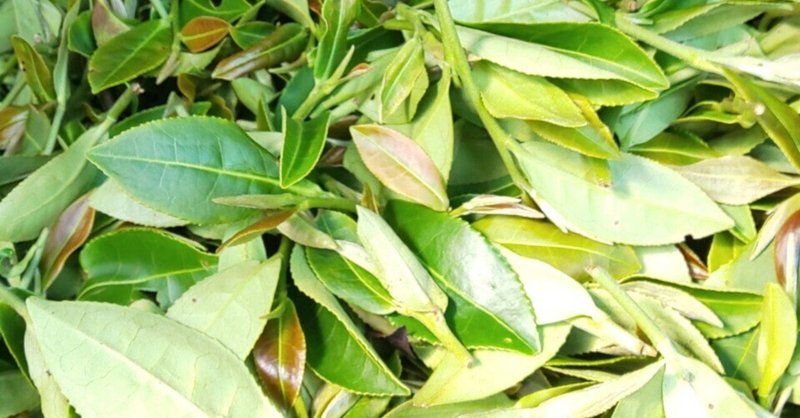
What's Japanese Black tea? New type luxury goods of tea(1/2) Abstraction and History
About Japanese Black Tea
Japanese black tea refers to black tea made in Japan using Japanese tea varieties. Green tea, oolong tea, and black tea are all made using the same raw materials, with the only difference being the production method. This means that regardless of the country of origin, it is possible to make green tea, oolong tea, and black tea using the same tea varieties. This versatility is what makes tea production so fascinating.
The Promotion of Black Tea Production in 1870s
During the 1868~1912, the Japanese government actively pursued policies to foster black tea production. Records indicate that by 1877 (Meiji 10), approximately 3 tons of black tea had already been exported. A key figure in this endeavor was Tada Motokichi(多田 元吉), a bureaucrat in the Meiji government. Between the years 8 and 10 of the Meiji era, he traveled extensively to countries such as China, Darjeeling in India, and Assam, where he acquired knowledge of black tea manufacturing techniques.

He's bigwig genius
Motokichi returned to Japan equipped with this newfound expertise and played a pivotal role in disseminating black tea production techniques across the nation. His efforts contributed significantly to the growth of the Japanese black tea industry.
The Rise, Decline, and Resurgence of Japanese Black Tea
Japanese black tea, once flourishing, faced a decline with the onset of inexpensive imported teas from abroad. As the scale of black tea production in Japan gradually diminished, it reached a near-destitute state after the liberalization of black tea imports in 1971, following the aftermath of World War II. During this period, the transmission of many cultivated manufacturing techniques came to an abrupt halt. However, a revival movement centered around tea-producing regions such as Kagoshima and Shizuoka Prefectures gained momentum in the Heisei era. As of 2021, the production has rebounded, reaching approximately 375 tons. This resurgence is evident in the production of "local black tea" across various regions in Japan.

Several factors contribute to this revival. The Japanese tea industry experienced a decline in recent years due to the slump in tea prices and a shift in consumer preferences away from Japanese tea. With green tea alone no longer sustaining the industry, producers turned to black tea production as a strategic move for rejuvenation. The increasing number of producers dedicating efforts to black tea, coupled with a stable demand for Japanese black tea, has played a crucial role in this resurgence. However, despite the positive trend, the production volume remains modest, accounting for only about 0.5% of the green tea production (70,700 tons in 2021). The awareness and recognition of Japanese black tea within the country still have room for improvement.
Japanese Black Tea on the Global Stage
2022 Japanese black tea produced by Kumamoto-based tea producers such as Kajihara and Iwanaga Seichaen won the top prize at THE LEAFIES 2022 - INTERNATIONAL TEA ACADEMY AWARDS in the U.K. Japanese black tea is steadily gaining recognition. The flavor of Japanese black tea, which is closer to the tastes of people overseas than Japanese green tea, which has evolved uniquely for the Japanese palate, is more likely to receive high acclaim, and producers are now seeking ways to create and offer Japanese black tea products to foreign visitors to Japan.
この記事が気に入ったらサポートをしてみませんか?
